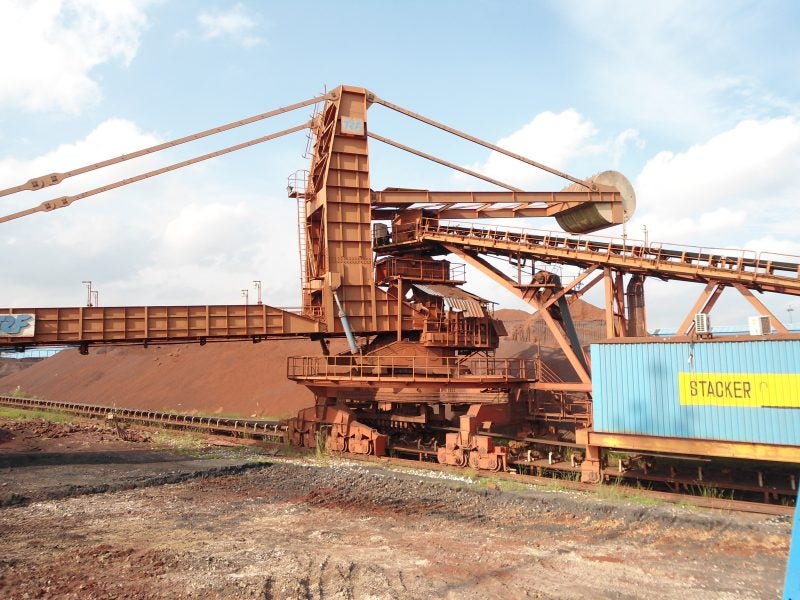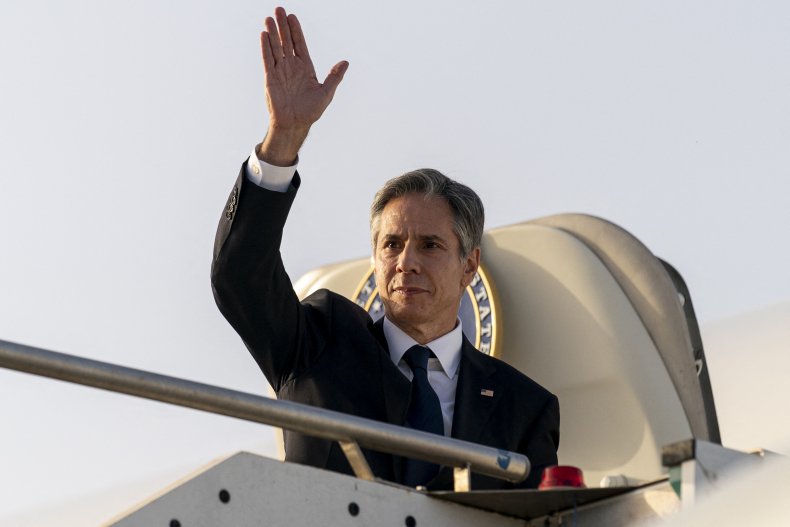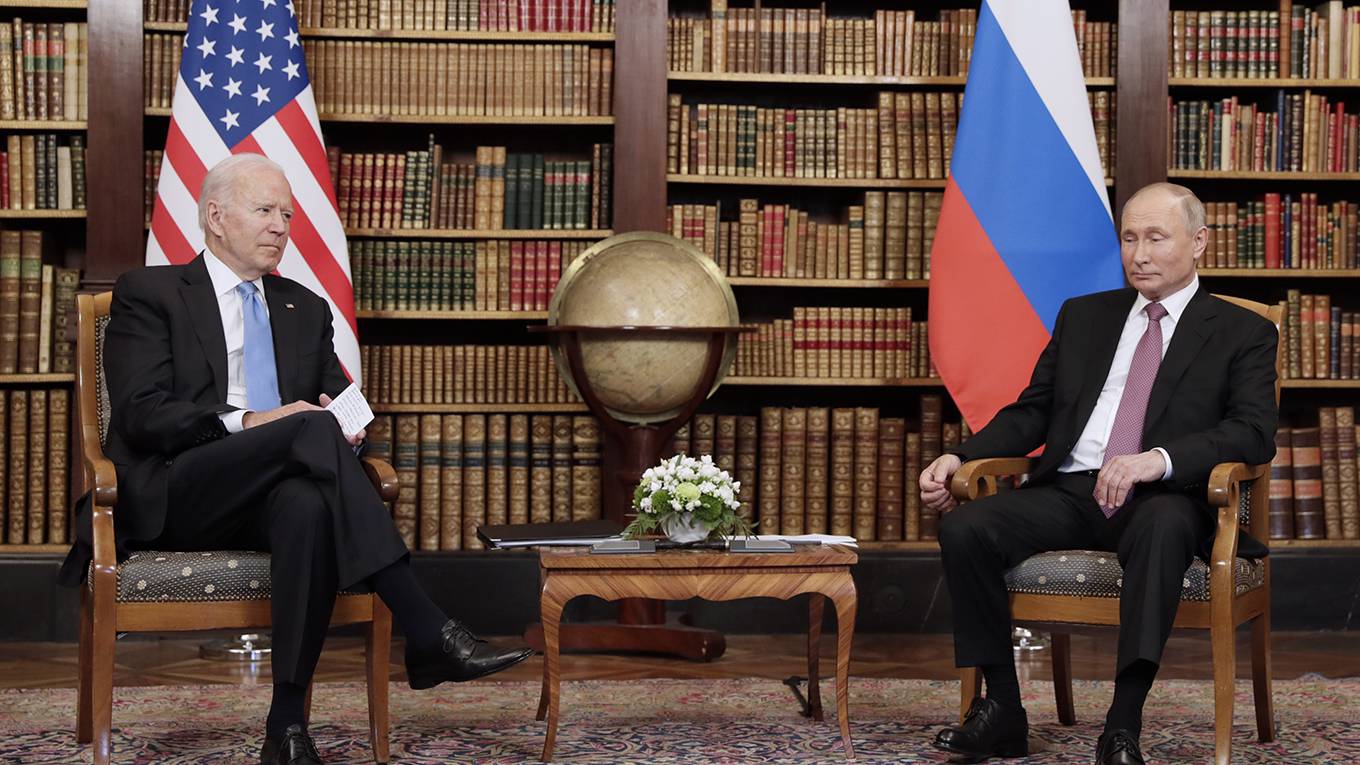Dmitri Trenin
Fresh attempts to expose Russian “red line” deterrence as hollow—whether on the ground, in the air, or at sea—would push Moscow to defend what it cannot give up without losing its self-respect. This would almost inevitably lead to clashes and casualties, which would carry the risk of further escalation.
The UK-Russia incident off the Crimea coast highlights Britain’s new role in the international system. It features the newly baptized “Global Britain” as a proactive member of the U.S.-led coalition that seeks to reassert the West’s global leadership against the challenge of China and the actions of Russia. In doing so, London is willing to go to the edge and take non-negligible risks.
Before, as in Afghanistan and Iraq, the United Kingdom was the first responder to U.S. calls for joint action. Now, Britain has demonstrated that in some cases it can lead the way. Until this week, Russia’s sovereignty in Crimea had been directly challenged only in 2018 by Ukrainian navy boats sent by then president Petro Poroshenko from Odessa to the Sea of Azov. Now, the message of non-recognition of Russia’s incorporation of Crimea was delivered by HMS Defender, which sailed into the 12-mile territorial waters not far from Sevastopol. This potentially presages a new, riskier level of confrontation.



/cloudfront-us-east-1.images.arcpublishing.com/mco/R5N5MAVC6RBTRONYPNXEKL6DPY.jpg)












